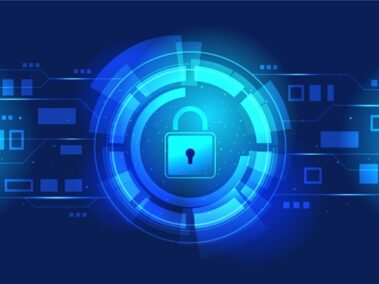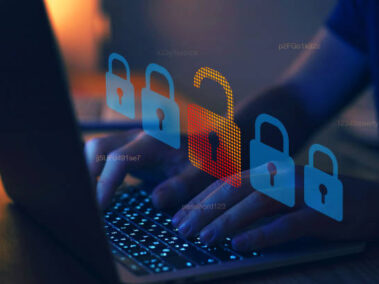Cybersecurity has become an ever-evolving need for individuals and organizations. Every year, the number of cyber-attacks increases by 15% and causes great financial damage. Experts have estimated that in 2024, digital attacks will cost around $9.5 trillion. One of the major causes of such a rise is the human factors in cybersecurity.
Human factors generally indicate people’s involvement in triggering digital attacks or taking steps against them. Sources state that almost 88% of the daily data breaches in organizations are the result of human error. These are the outcomes of either intentional or unintentional approaches. So, how can the negative connotation of the human factor be transformed into a positive one in cybersecurity?
In this blog, we will discuss the impacts and importance of human factors in cybersecurity and offer a few tips for addressing their negative impact on organizational data protection endeavors.
What are human factors in cybersecurity?
Cyberattacks are the outcomes of people's ill intentions against someone or organizations. Machines cannot break into someone’s system to steal information without any command. Technology just assists people with the wrong purposes of identifying system vulnerabilities and illegally accessing the owner’s intellectual properties through that.
In another situation, cyberattacks take place due to human error. For example, when someone intentionally or unintentionally ends up sharing confidential data with criminals who can use the data to fulfil their wrong purposes.
Therefore, behind every occasion of data breaches globally, there are people, not machines. Nevertheless, human elements can also prevent devastating cyberattacks by undertaking appropriate measures. This depicts the importance of human factors in cybersecurity, which can be the reason to start and end digital attacks.
Human Factors in Cybersecurity: The Threat from Within
Companies operating globally seldom prioritize adopting strategies to address the threats from within that are direct outcomes of human errors and negligence. As a result, organizations encounter a remarkable loss that lasts for a long time.
Intentional insider attacks are mostly inspired by personal conflicts or just the motive to scam the organization for financial support. The growing number of cyberattacks has threatened marketers in such a way that over 57% of businesses think their data is unsafe. They consider insiders or the employees of the company the chief cause of such risks.
Apart from that, unintentional human error is a result of unawareness and negligence. Many companies and their employees have the mindset that cybersecurity is the responsibility of the IT professionals. It is one of the causes of poor risk management activities in many reputed organizations. However, the fact is that the establishment of an unbreakable security framework is possible with everyone's equal effort.
Addressing risky human factors in cybersecurity is essential while establishing robust cybersecurity frameworks. In the contemporary era, one of the best practices of cybersecurity is to educate, inform, and make people aware on cyberattacks
How to Redefine Human Factors in Cybersecurity?

The cybersecurity landscape is constantly progressing with evolving cyberattack practices every day. In such situations, organizations need to take operational steps to safeguard their digital data. Human factors significantly impact the security infrastructure of enterprises. To address such incidents, companies need to take steps at the earliest.
Tackle intentional human threats:
Employees often take steps against their companies to cause financial harm. Strengthening security endeavors against intentional insider attacks requires stringent frameworks.
Primarily, companies should not allow access to confidential files to all their employees. In this regard, implementing the identity access management (IAM) procedure will be beneficial. It allows access of specific data to specific people. In a way, it distributes datasets as per the roles and responsibilities in an organization.
Additionally, to restrict illegal access, companies must follow multi-factor authentication (MFA) that includes biometrics as well while accessing data. The process shall only authenticate individuals with the access codes to process data.
Address unintentional human impacts to cybersecurity:
Negligence and unawareness contribute the most to the negatives of human factors in cybersecurity. However, very few organizations take the initiative to educate and make their workforce aware of increasing cyberattacks.
Firstly, companies should aim to break the cybersecurity myths and assumptions. A larger number of the audience assume that protecting digital assets is the responsibility of IT professionals only. However, the fact is everyone should continuously try to enhance security standards in their organizations. Employees even hide incidents of cyberthreats from their organizations which lead to situations of major security breaches.
Experts suggest that even if every employee in a company fails to prevent cyberattacks, they should be aware of the methods to mitigate the risks. For this purpose, companies need to organize constant training on cybersecurity.
Concluding remarks!
Human factors in cybersecurity bear great significance with the power to begin and end cyberattacks. Therefore, organizations should aim to get rid of harmful human elements and establish security frameworks that prioritize informing their workforce with cybersecurity knowledge. Keep up with the ongoing security practices with our in-depth articles.





